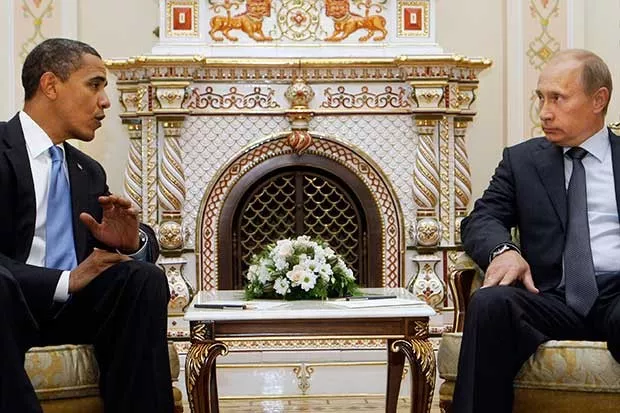
POL208Y5Y Introduction to International Relations with Spyridon Kotsovilis
Will China dethrone the US and become the new superpower? Why did Russia incorporate Crimea and what could have been done to stop it? How can international organizations help with contemporary global challenges, like the next pandemic? How has unrestricted global capital flow affected the EU's economic crisis? Is cyber-space the new frontier of international competition and conflict?
This two-semester summer course addresses and answers questions like the above. It is designed to comprehensively introduce the major theoretical, conceptual and empirical dimensions of international relations that deal with power, institutions and ideas; it also aims to provide students with the critical skills to follow, understand and analyze global politics in a systematic fashion.
The course is divided in two parts: the first one reviews the major theories of international relations, and focuses on war, conflict and cooperation. The second one deals with key aspects of economic globalization and international political economy (e.g., international trade and development, the global financial architecture, debt and foreign assistance), international organizations, as well as with other themes of contemporary politics, such as human rights, the environment and cyber-space.
In tandem with these topics, this course also makes frequent references to iconic cases from the modern history of international relations to illustrate the concepts studied, and to provide the appropriate context, connecting theory and empirical evidence. The readings have been selected to reflect this mixture of theory and empirical cases, with the aim to expose the students to the most representative literature and methods for approaching the study of international politics.
